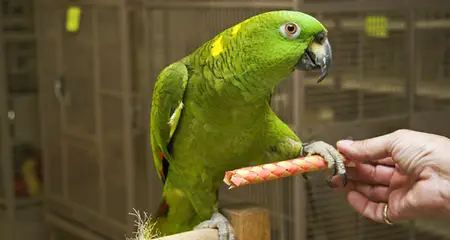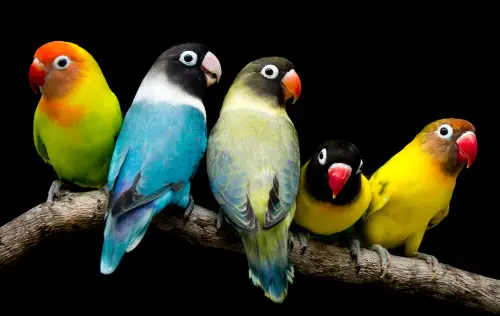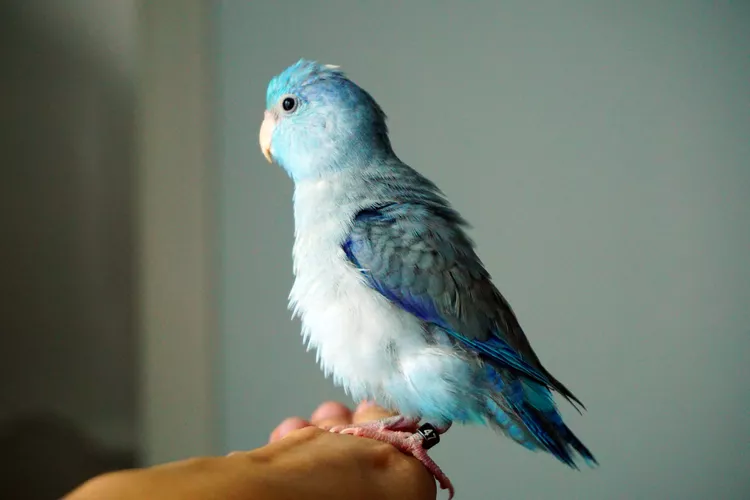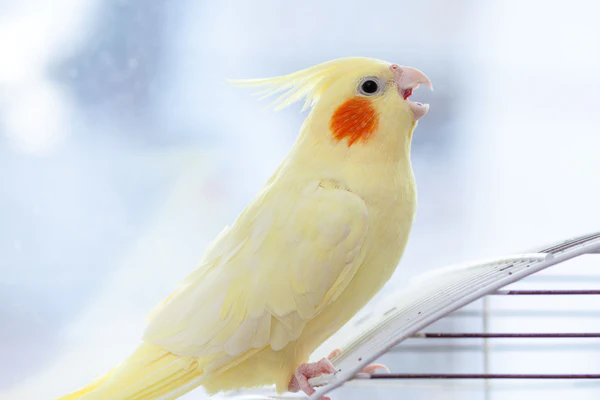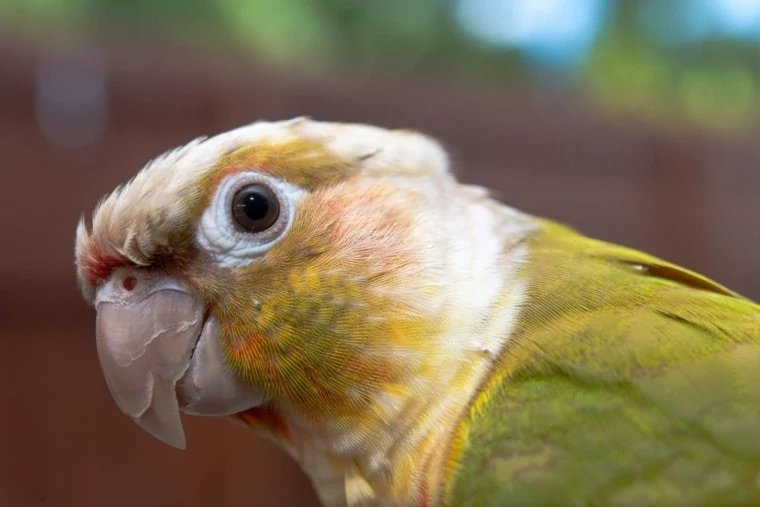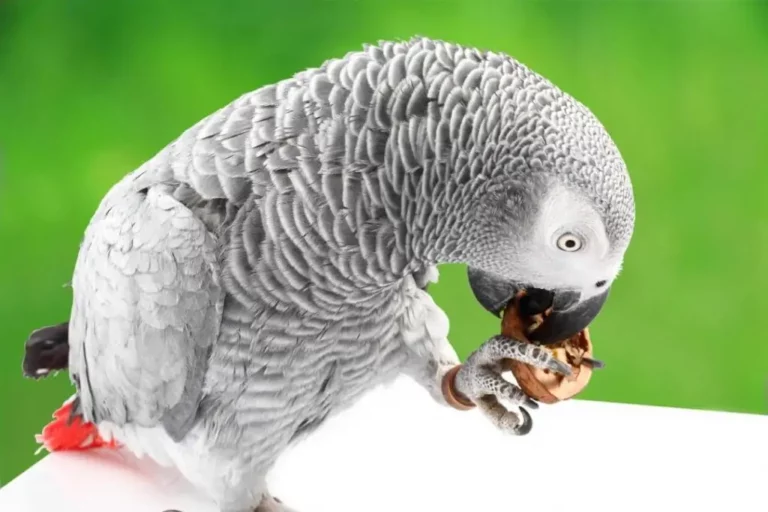Best Pet Birds for Different Lifestyles and Living Situations
Embarking on the journey of pet bird ownership involves understanding each species’ unique needs regarding diet, habitat, and social interaction. To ensure a harmonious relationship with your feathered friend, it’s crucial to match their requirements with your lifestyle and living conditions.
Considering factors like space, noise levels, and time availability can help build a strong bond, mutually enriching your lives.
Now, let’s explore further…
Key takeaways
Choose a pet bird that fits your lifestyle.
Budgies and cockatiels are beginner-friendly.
Canaries and finches require less interaction.
African Greys and Macaws need attention and stimulation.
Lovebirds and parrotlets are small but require social interaction.
Small birds are ideal for limited spaces.
Large birds like Macaws need ample space.
Consider noise: canaries are quiet, cockatoos are loud.
Parrots’ long lifespans require long-term commitment.
Research your chosen bird species thoroughly.
Small Birds: Perfect for Apartment Dwellers and Busy Professionals
If you live in an apartment or have a demanding schedule, small bird species may be the ideal choice for you. These charming creatures are more adaptable to limited spaces and typically require less maintenance compared to their larger counterparts. Let’s take a closer look at some popular small birds that would suit your lifestyle.
Budgerigars
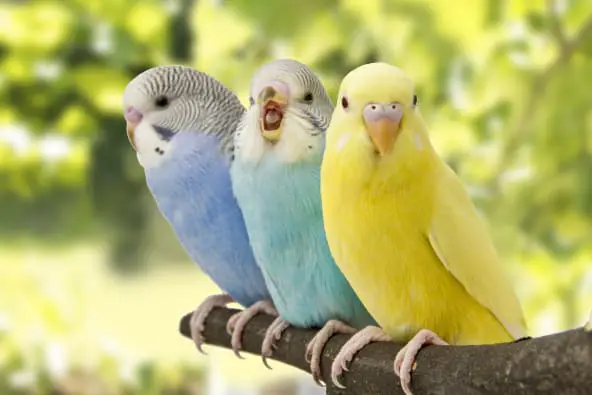
Budgerigars, or budgies for short, are delightful little parrots that make excellent companions for those living in smaller spaces. Their care requirements are relatively easy to manage, as they need a clean cage, a balanced diet, and some mental stimulation through toys and interaction.
Budgies have charming personalities, are known for their intelligence, and can even learn to mimic speech.
Cockatiels
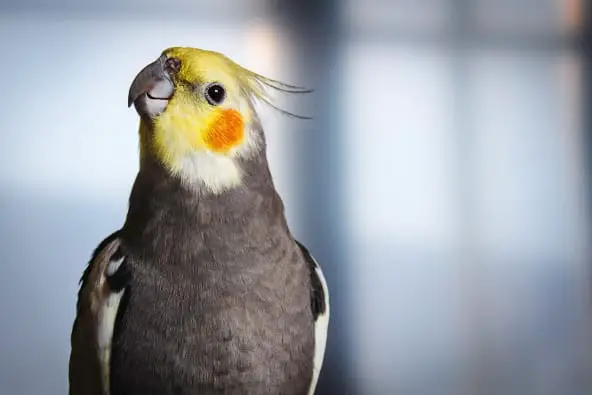
Cockatiels are another popular choice for those with limited space or busy schedules. These friendly birds have a sweet and gentle nature, making them perfect companions for those who can spare a little time each day for interaction.
Like budgies, cockatiels need a clean cage, a healthy diet, and mental stimulation through toys and activities. With proper care, cockatiels can live up to 20 years, providing long-lasting companionship.
Lovebirds
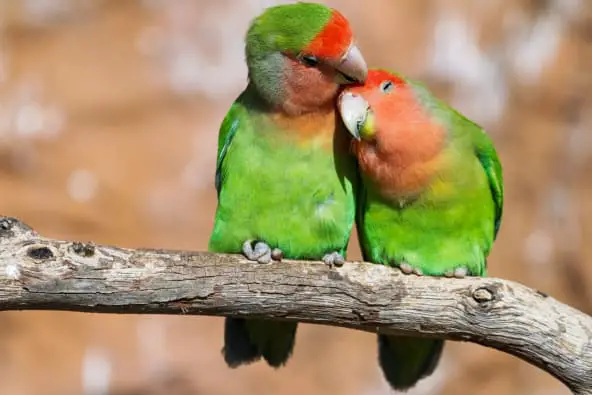
Lovebirds, with their vibrant colors and playful personalities, make great pets for those looking for a small bird with a big presence. They are relatively low maintenance, requiring a clean cage, proper diet, and toys for enrichment.
Lovebirds can be affectionate and may form a strong bond with their owner, but they can also be independent and content when left alone for short periods.
Mid-sized Birds: Great for Families and Bird Enthusiasts
Mid-sized birds are ideal for families or bird enthusiasts who have a little more space and time to dedicate to their feathered friends. These species usually have lively personalities and can form deep bonds with their human companions. Here are some mid-sized bird species that are well-suited for families and enthusiasts alike.
Quaker Parrots
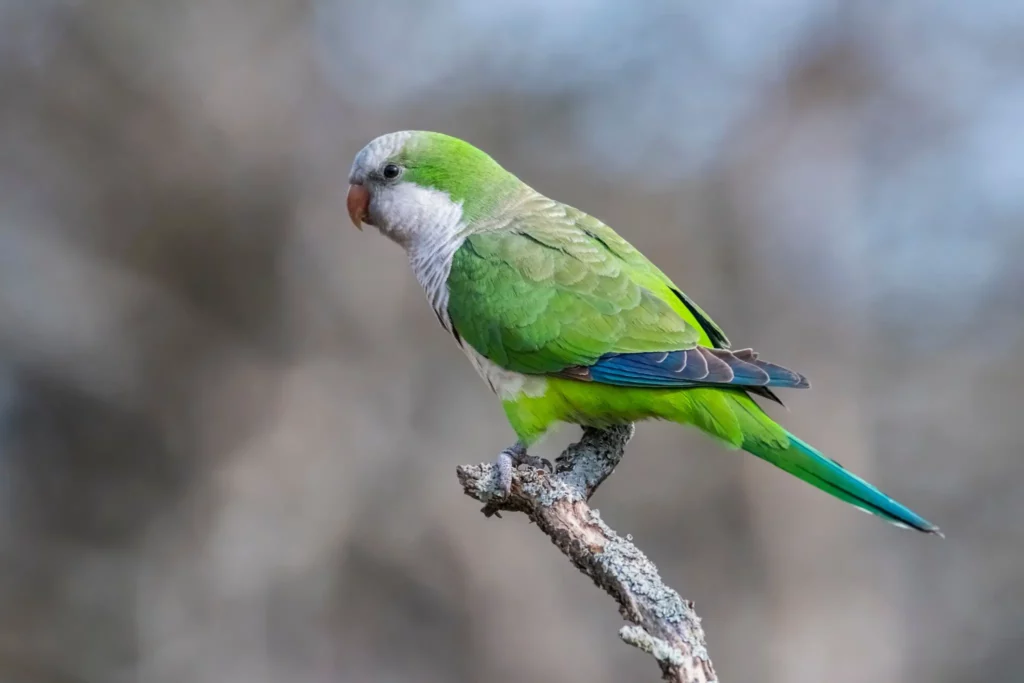
Quaker Parrots, also known as Monk Parakeets, are social and intelligent birds that enjoy interaction and can learn to talk. Their care requirements include a spacious cage, a nutritious diet, and mental enrichment through toys and training.
Quaker Parrots have a unique personality, blending the perfect amount of spunk and affection. With proper care and attention, these birds can be a fantastic addition to any family or enthusiast’s home.
Conures
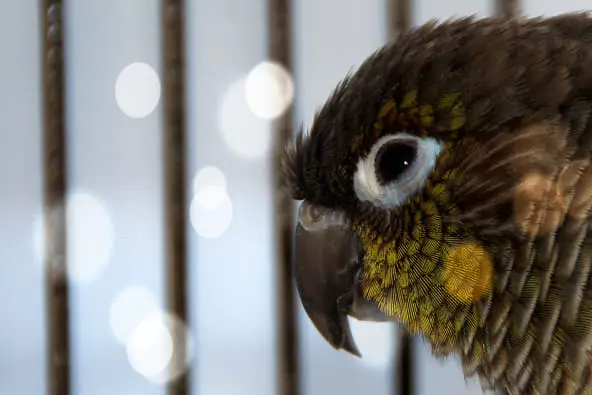
Conures are another family-friendly bird species, known for their playful nature and striking colors. They require a spacious cage, a well-rounded diet, and plenty of toys for mental stimulation.
Conures are highly social and love spending time with their human companions, making them a great choice for families or individuals who can provide daily interaction. Their intelligence and adaptability also make them fun and engaging pets to have around.
Pionus Parrots
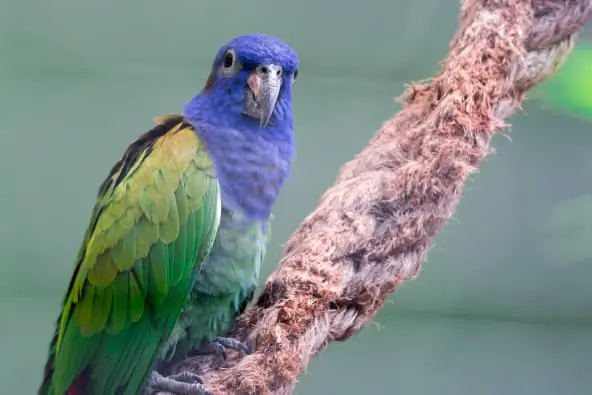
Pionus Parrots may be less well-known than some other mid-sized birds, but they have a lot to offer as pets. They have a calm and gentle temperament, making them well-suited for families with children or bird enthusiasts looking for a more laid-back companion.
Pionus Parrots need a roomy cage, a healthy diet, and a variety of toys for enrichment. While they may not be as talkative as some other parrot species, they can still learn to mimic a few words and phrases, adding to their charm.
Large Birds: Ideal for Experienced Owners with Space
Large birds are captivating and intelligent creatures, best suited for experienced bird owners with ample space to accommodate their needs. These impressive avians often form deep bonds with their caretakers and may have a more extensive range of vocalizations and mimicry skills.
Let’s explore some of the best large birds for those ready to take on the challenge and commitment.
African Greys
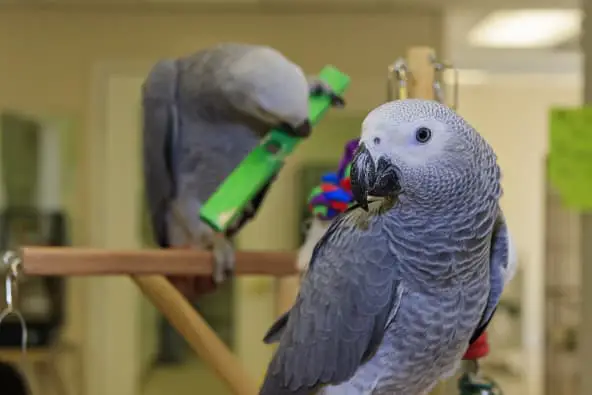
African Greys are renowned for their intelligence and remarkable ability to mimic speech. These majestic birds require a spacious cage, a balanced diet, and consistent mental stimulation through toys, training, and social interaction.
Their care needs are more demanding than smaller birds, making them more suitable for experienced bird owners. With proper care, African Greys can provide a rewarding companionship that spans decades.
Amazon Parrots
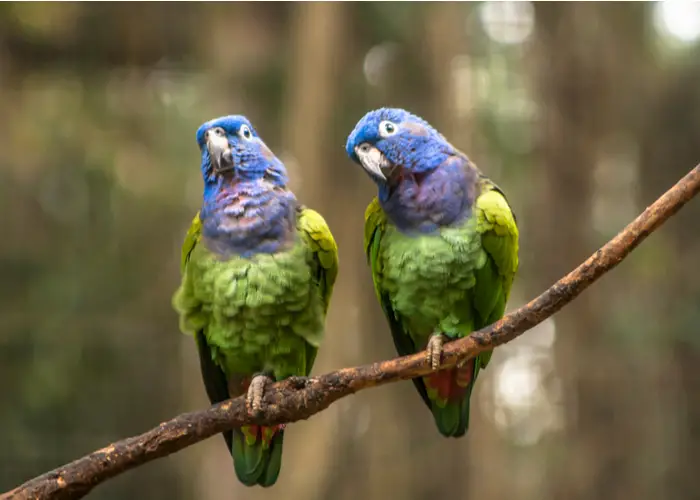
Amazon Parrots are another popular choice among large bird enthusiasts. These vibrant and expressive birds have strong personalities and are known for their talking and singing abilities. They need a roomy cage, a nutritious diet, and plenty of mental enrichment to thrive.
Amazon Parrots are social creatures and require regular interaction with their human companions. With dedication and care, these birds can become beloved members of the family.
Eclectus Parrots
Eclectus Parrots, with their striking colors and unique appearance, are an attractive option for experienced bird owners. These birds have a calm and gentle demeanor, making them great companions for those willing to invest time in nurturing a close bond.
Eclectus Parrots require a large cage, a specialized diet high in fruits and vegetables, and a variety of toys for mental stimulation.
As they have a tendency to form strong attachments, it’s essential to provide them with ample attention and interaction to ensure their happiness and well-being.
Quieter Birds for Noise-sensitive Living Situations
If you live in a noise-sensitive environment or prefer a more tranquil atmosphere, there are bird species that are relatively quieter than others. These birds still make delightful companions and can thrive in settings where loud vocalizations might be an issue.
Let’s take a look at some quieter bird species that would be suitable for more noise-sensitive living situations.
Senegal Parrots
Senegal Parrots are a small-to-medium-sized bird with a generally calm and quiet demeanor. They require a clean cage, a balanced diet, and mental enrichment through toys and training.
While they may not be as talkative as some other parrot species, they can still learn to mimic a few words and phrases. Senegal Parrots are affectionate and intelligent, making them great companions for those seeking a quieter bird.
Bourke’s Parakeets
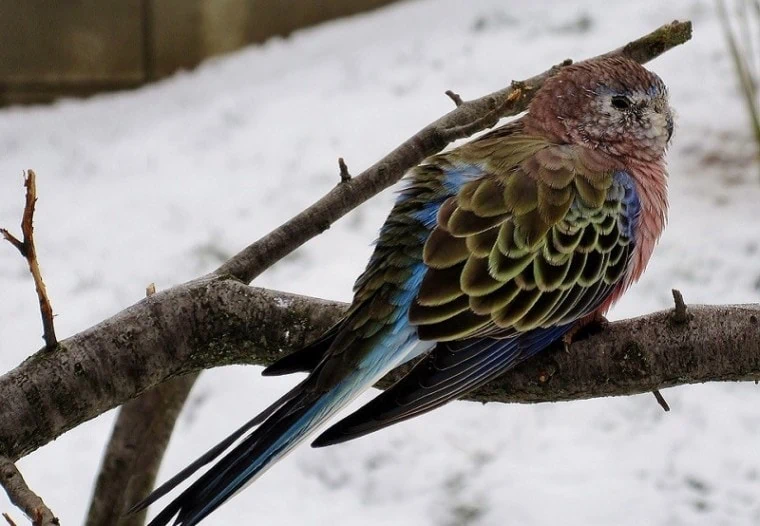
Bourke’s Parakeets are a small, gentle, and peaceful bird species that are well-suited for noise-sensitive environments. Their care requirements include a clean cage, a healthy diet, and a variety of toys for enrichment.
They have a soft, melodic call that is unlikely to disturb neighbors or family members. Although they may be less interactive than some other bird species, Bourke’s Parakeets are still delightful pets that can bring joy and tranquility to any home.
Canary-winged Parakeets
Canary-winged Parakeets are another excellent choice for those seeking a quieter bird companion. These small parakeets have a calm and easy-going nature, making them well-suited for apartments or shared living situations.
Their care requirements include a clean cage, a nutritious diet, and toys for mental stimulation. Canary-winged Parakeets are less likely to emit loud, disruptive calls, making them a suitable option for those who prefer a more peaceful environment.
Bonding with Your Pet Bird: Tips and Tricks
Developing a strong bond with your pet bird is crucial for a fulfilling and rewarding relationship. By understanding their body language, providing socialization and handling opportunities, and offering training and enrichment activities, you can create a deep connection with your feathered friend.
Here are some tips and tricks to enhance your bond with your pet bird.
Understanding bird body language
Understanding bird body language is the foundation of effective communication with your pet. Observing and interpreting their postures, vocalizations, and feather displays can help you identify their emotions and needs, such as hunger, fear, or contentment.
By responding appropriately to their cues, you demonstrate empathy and understanding, which strengthens your relationship.
Socialization and handling
Socialization and handling are vital components of bonding with your bird. Spend time each day interacting with your pet, either by talking, singing, or engaging in gentle play. Regular handling helps your bird become accustomed to your presence and touch, fostering trust and affection.
Remember to always be gentle, patient, and respectful of your bird’s boundaries to ensure a positive experience for both of you.
Training and enrichment activities
Training and enrichment activities are essential for keeping your bird mentally stimulated and engaged. Teach your pet bird simple tricks or commands, such as stepping onto your finger, which can foster trust and enhance communication.
Provide a variety of toys that cater to your bird’s natural instincts, such as foraging or climbing, to keep them entertained and satisfied. By offering mental and physical challenges, you contribute to your bird’s overall well-being, deepening your bond in the process.
Frequently Asked Questions
How do I choose the right bird species for my living situation?
Consider factors such as available space, noise restrictions, and your lifestyle. Smaller birds like budgies and cockatiels are suitable for apartments, while larger birds like African Greys require more space. Quieter species like Senegal Parrots are best for noise-sensitive situations.
How do I determine if I can handle the responsibility of owning a pet bird?
Assess your schedule, willingness to learn about bird care, and patience. Birds need daily interaction, mental stimulation, and proper care. Research the specific needs of the bird species you’re considering to ensure you can meet their requirements.
Are pet birds suitable for families with young children?
Some bird species like conures and cockatiels can be great family pets if properly socialized. Teach children to interact gently and respect the bird’s boundaries. Supervise interactions to ensure both the child and bird remain safe.
Can I have more than one bird in my home?
Yes, but it’s important to ensure compatibility between species and provide adequate space. Some birds can coexist peacefully, while others may need to be housed separately. Research the social needs and compatibility of your chosen species before introducing multiple birds.
Final Thoughts
Selecting the right pet bird for your lifestyle and living situation is crucial for the happiness and well-being of both you and your feathered companion. By carefully considering factors such as space, noise restrictions, and your schedule, you can find the perfect match that will thrive in your care.
Remember that understanding your bird’s unique needs, providing socialization, and offering mental stimulation are key elements to fostering a strong bond and nurturing a fulfilling relationship. With the right approach, you and your pet bird can enjoy a lifelong companionship full of joy, trust, and mutual understanding.

